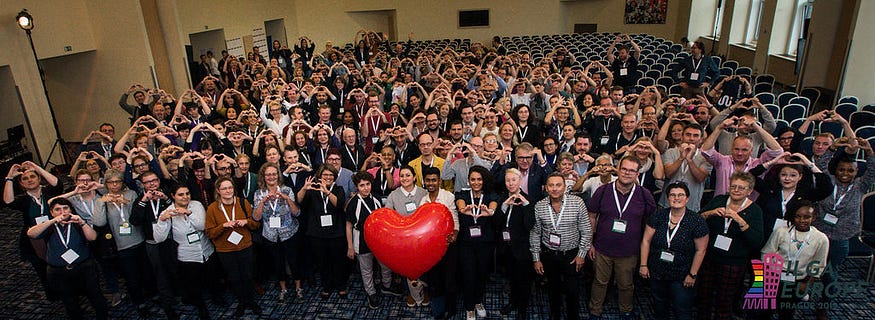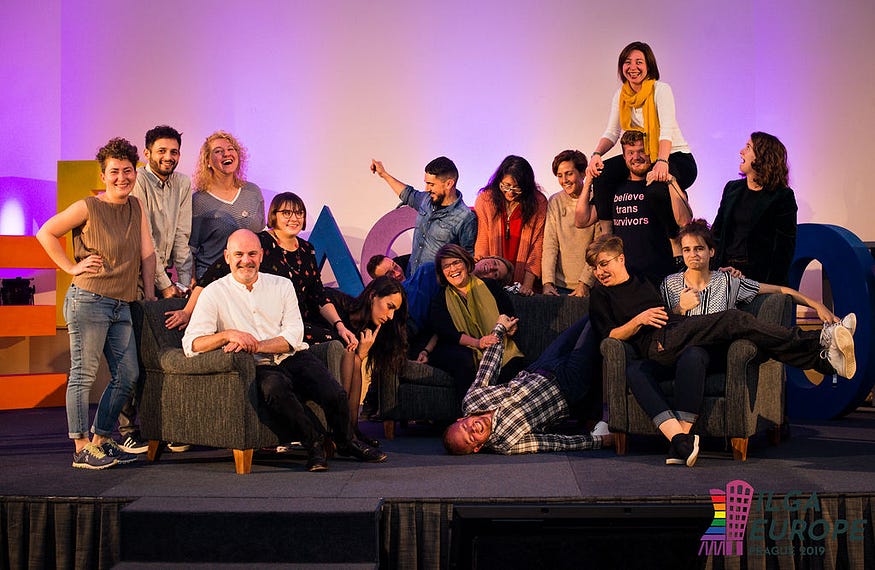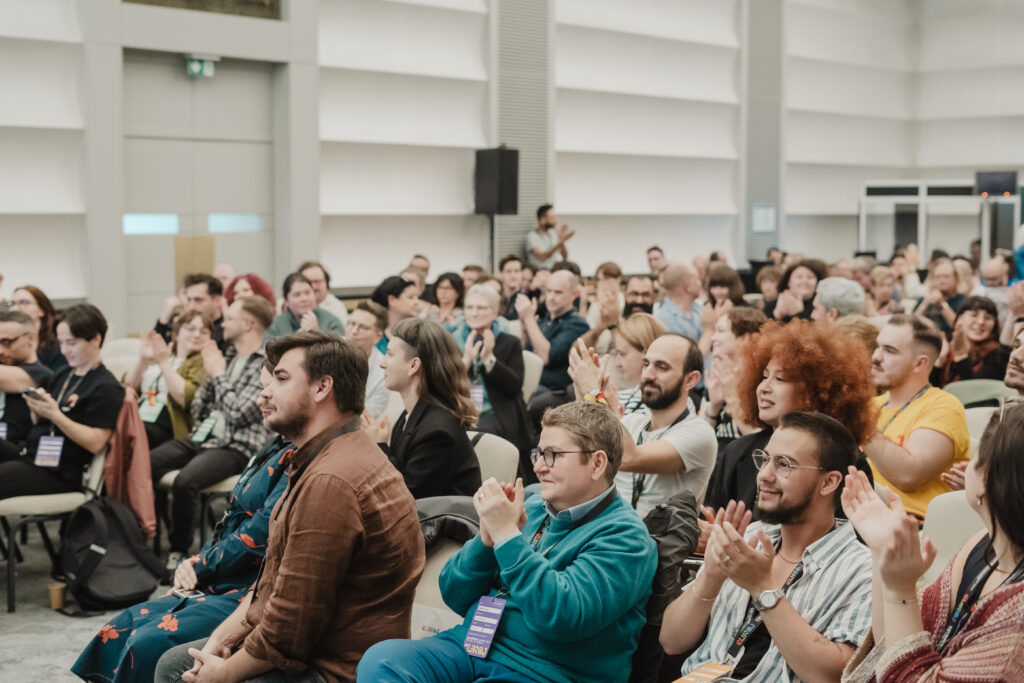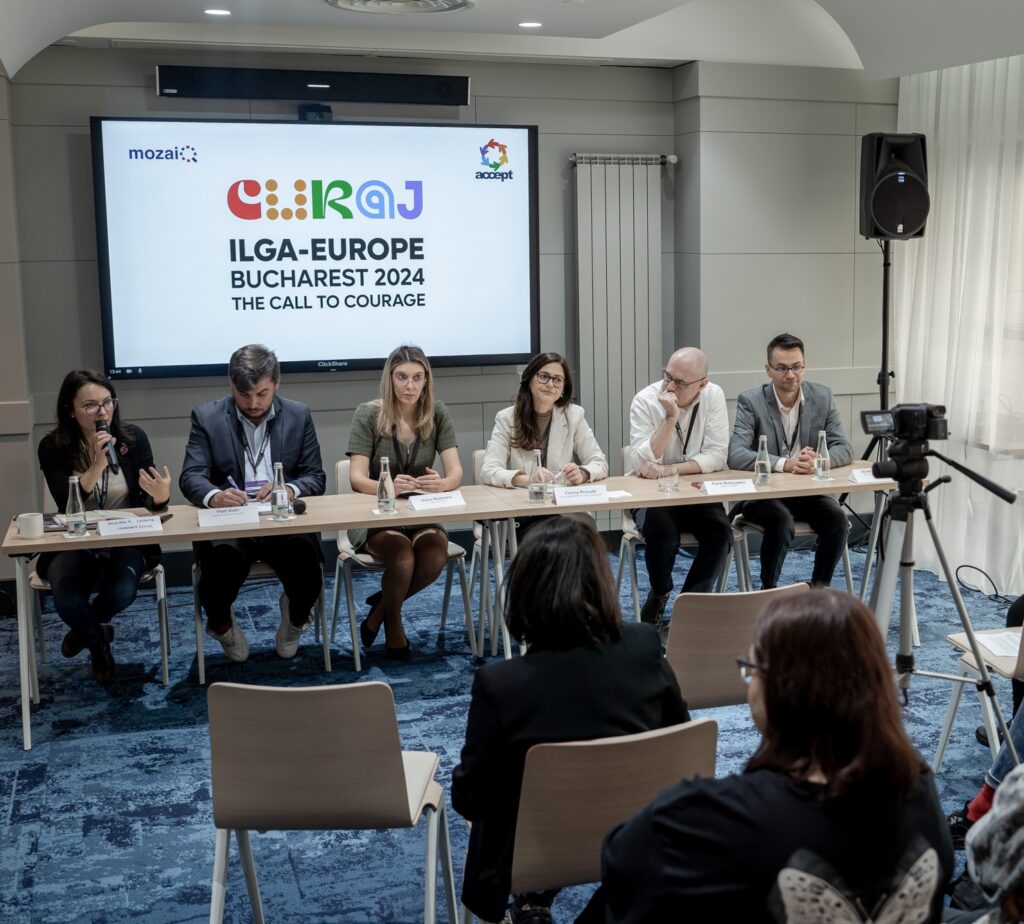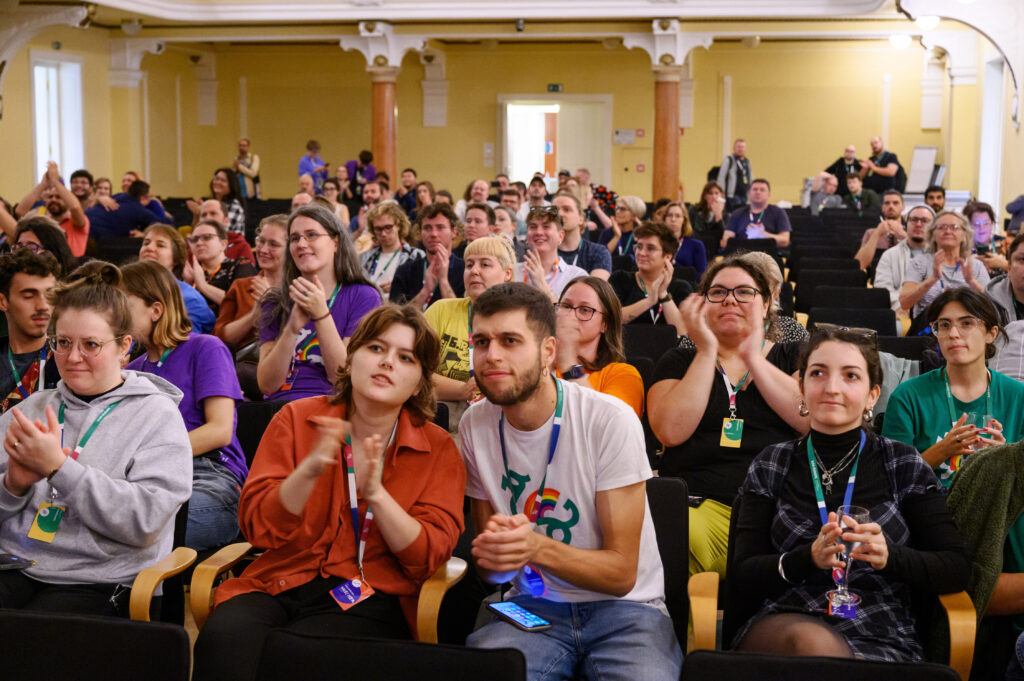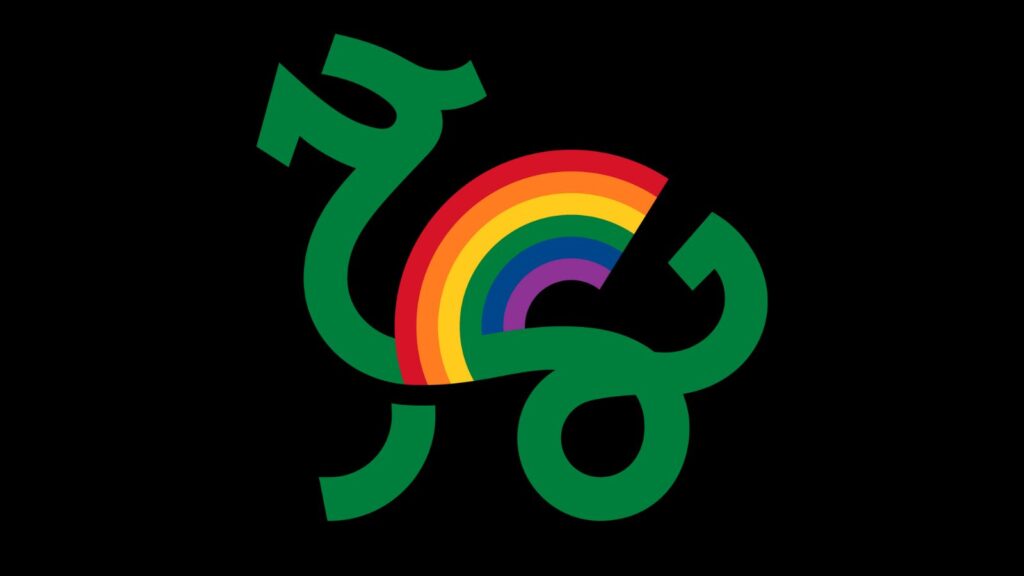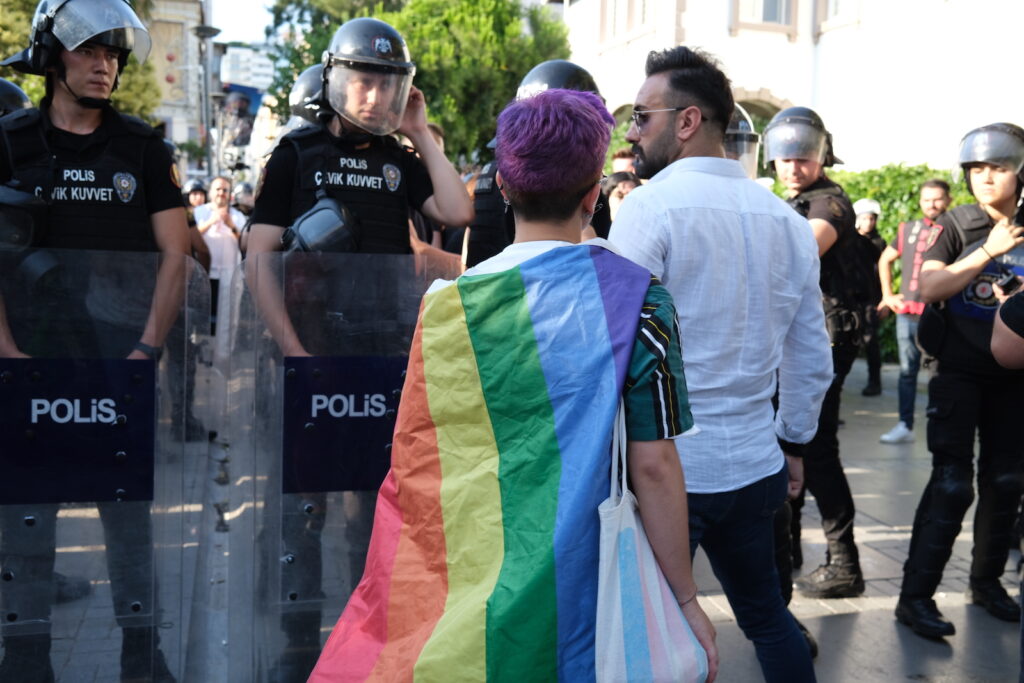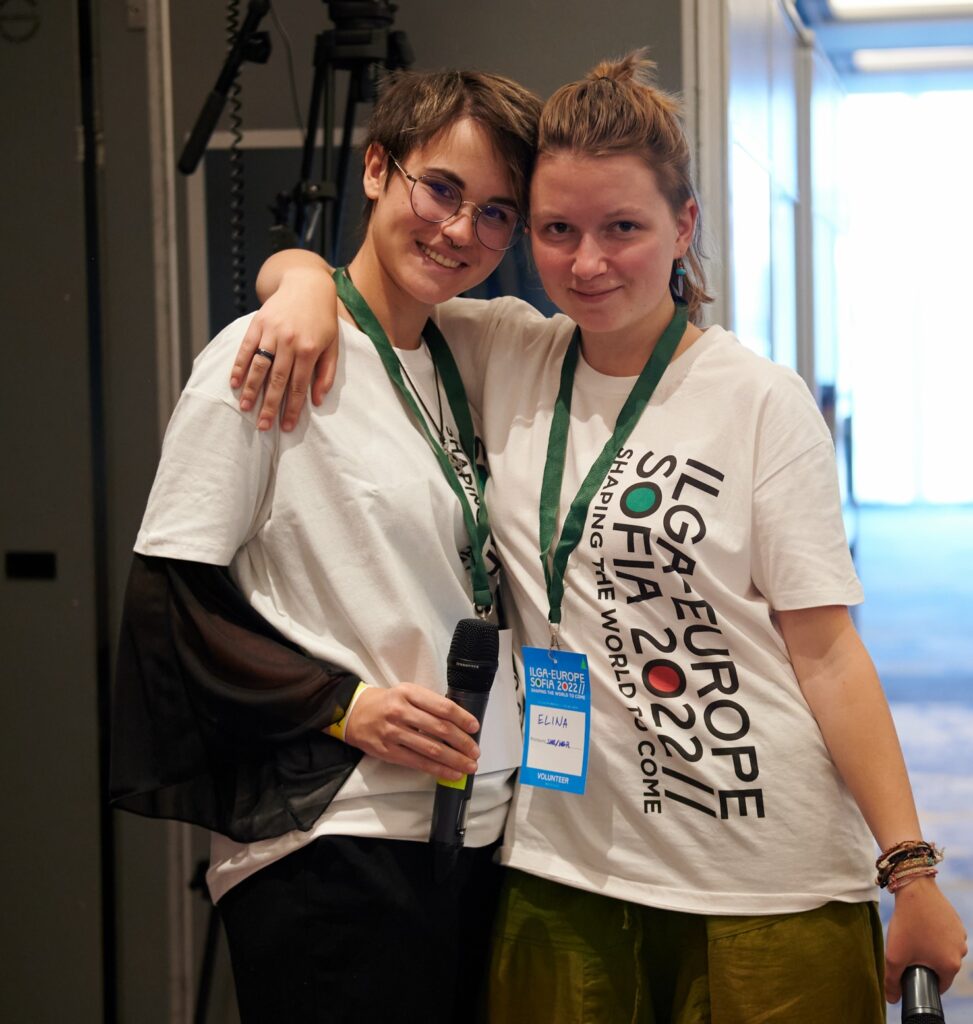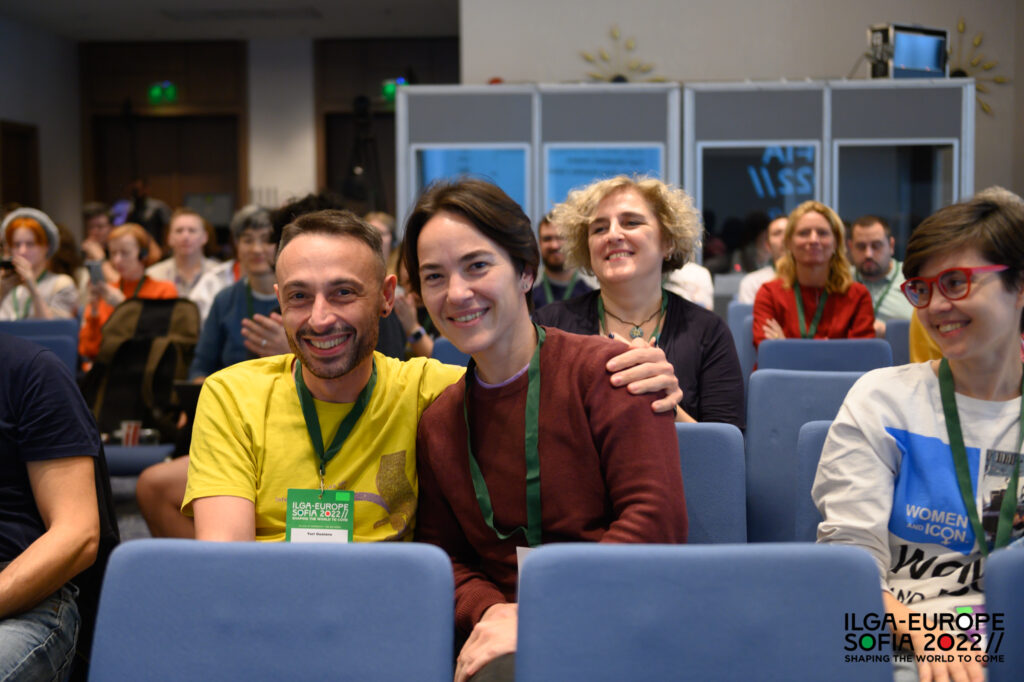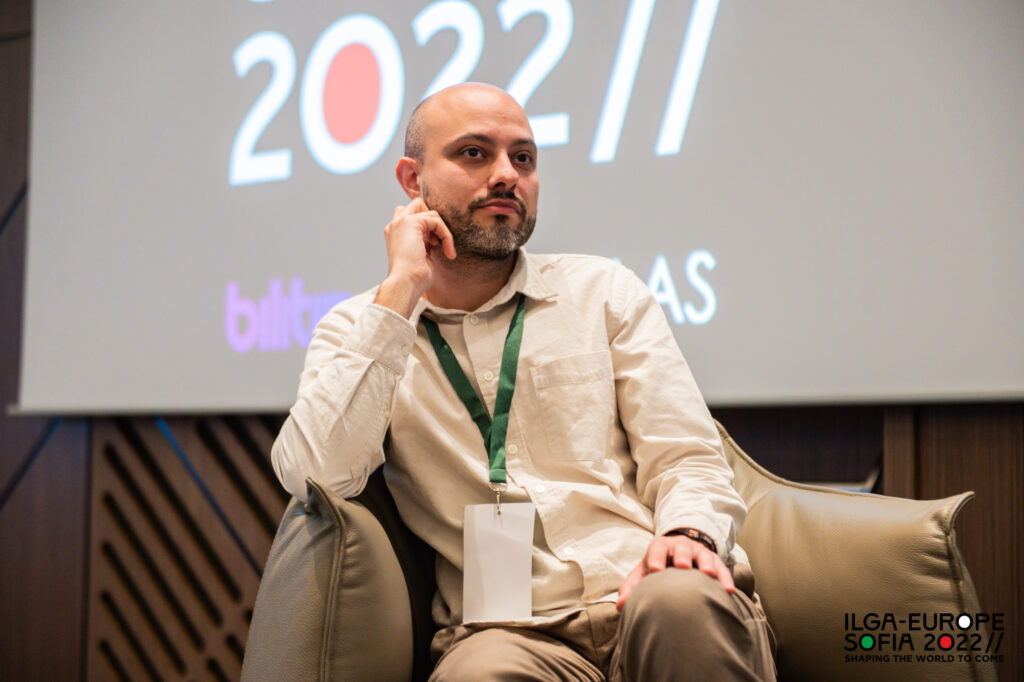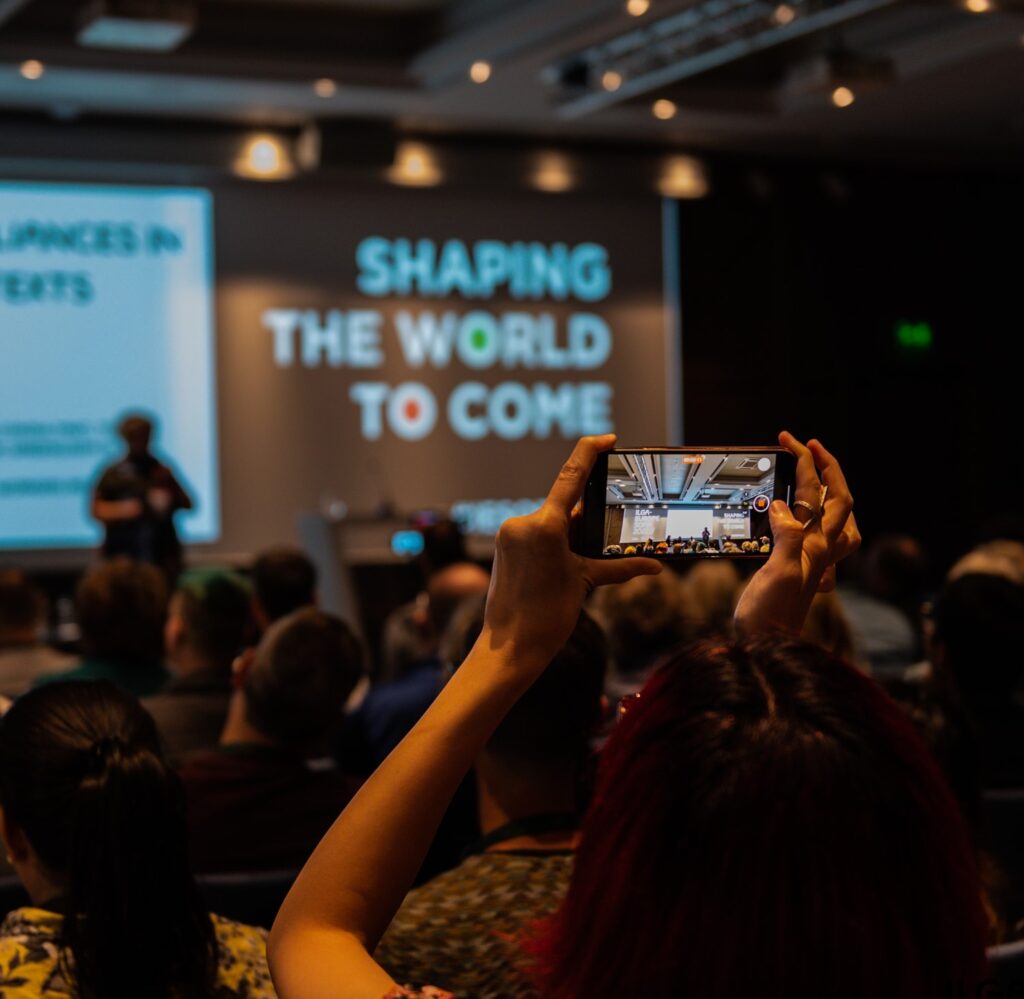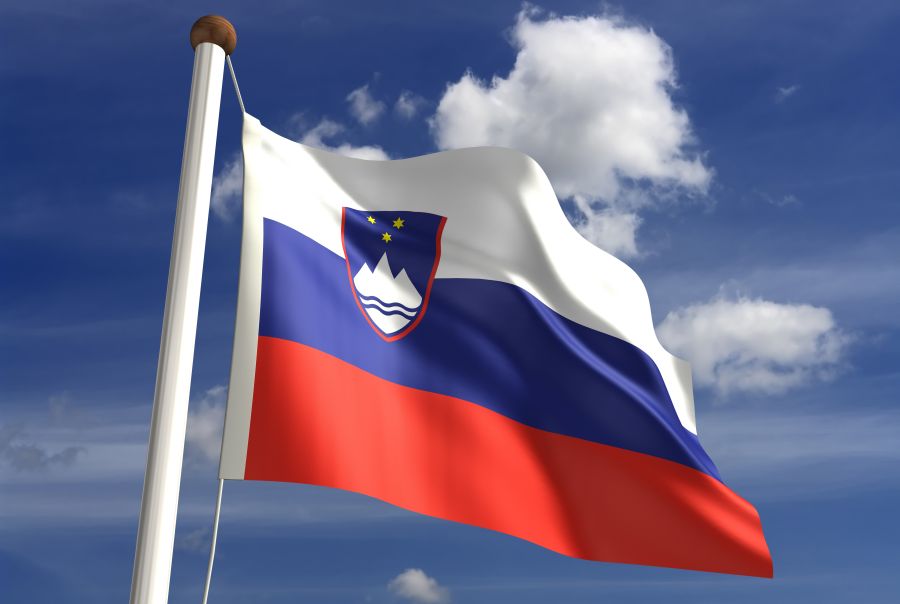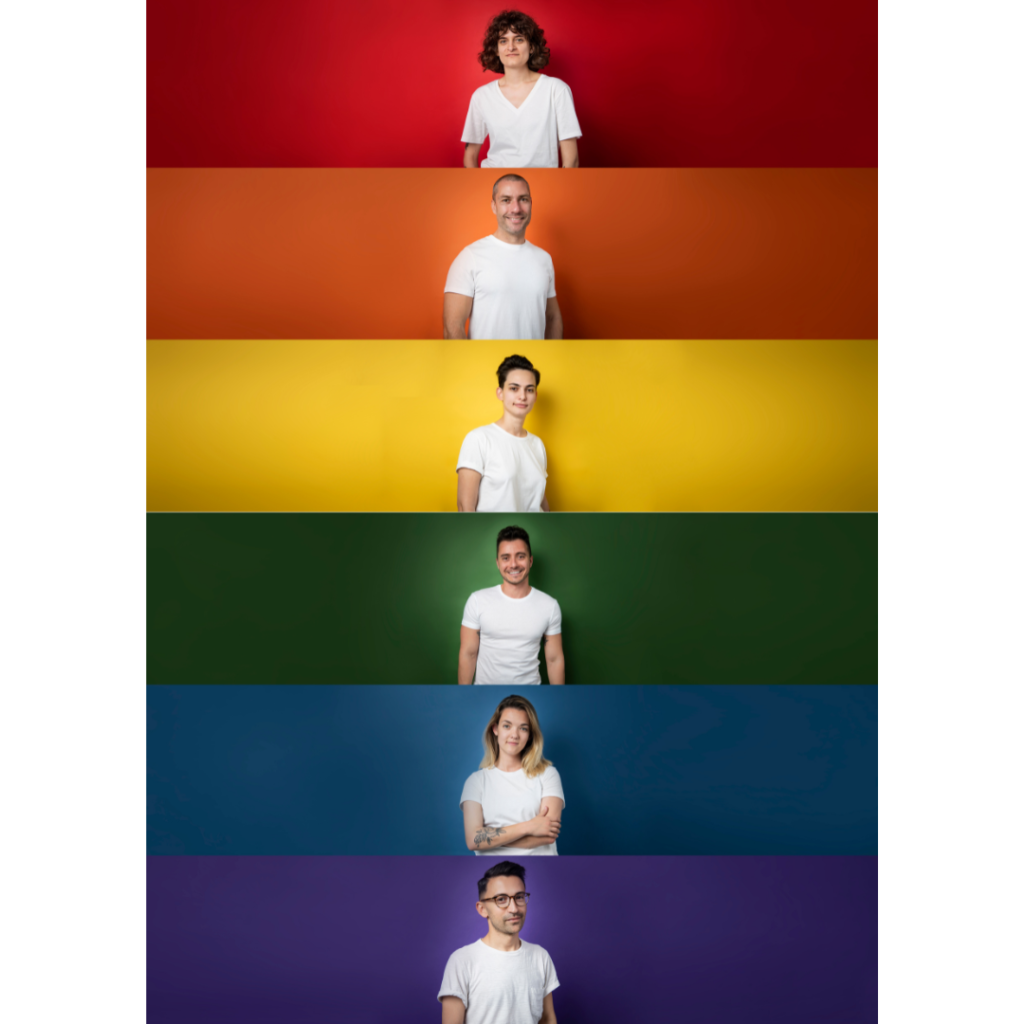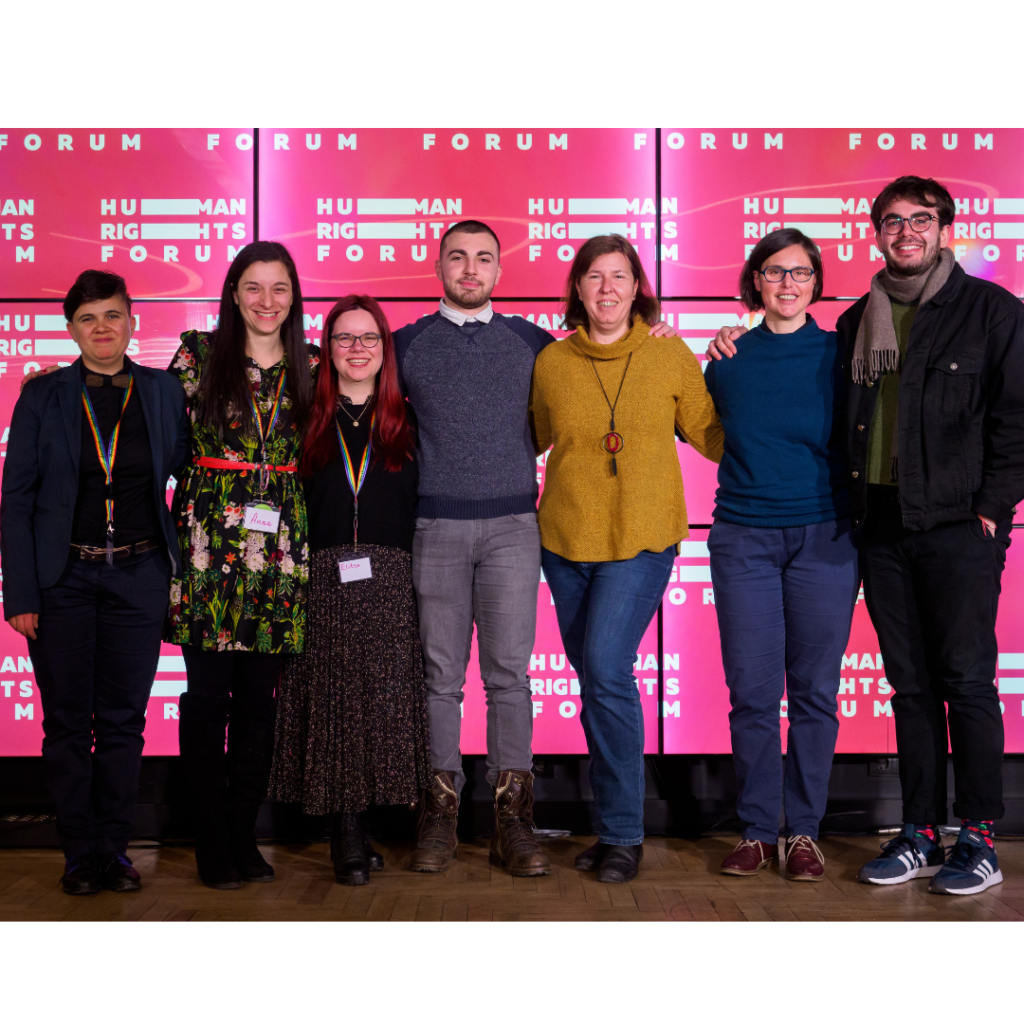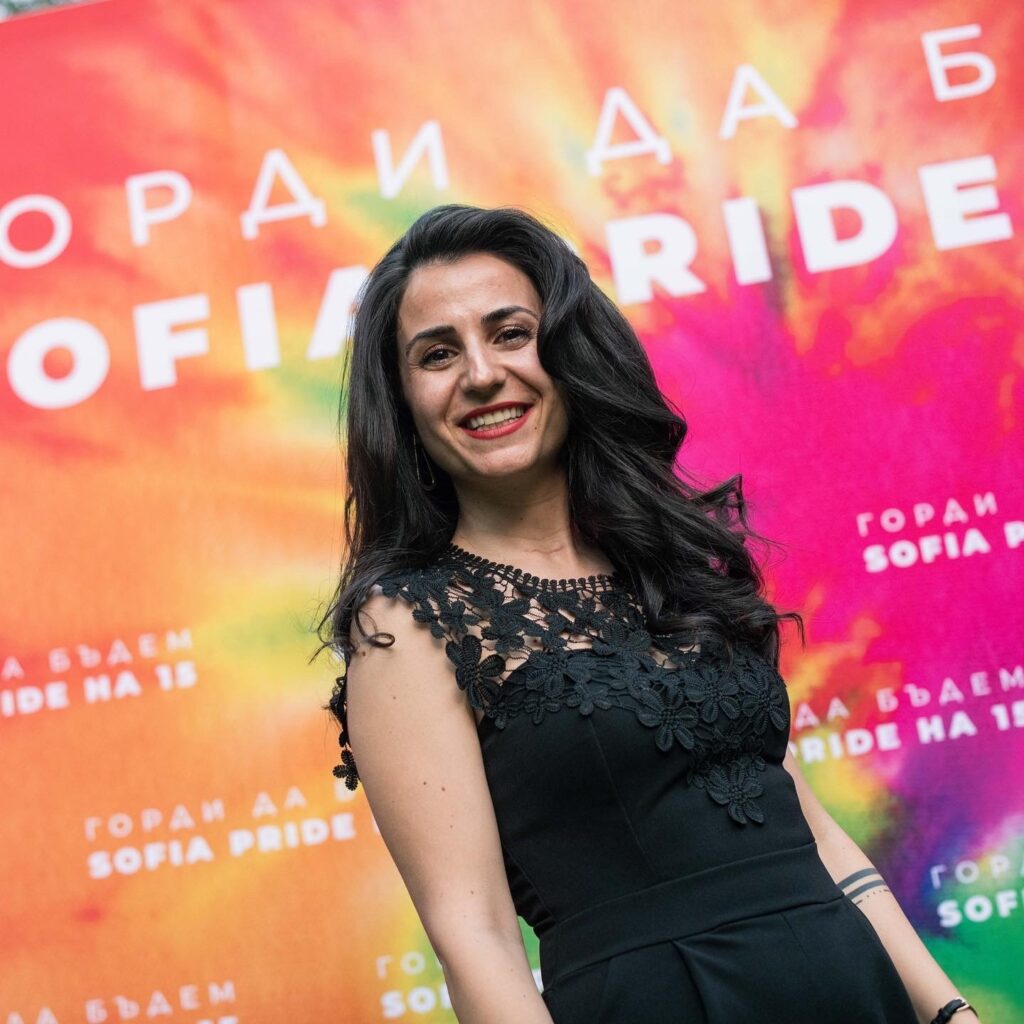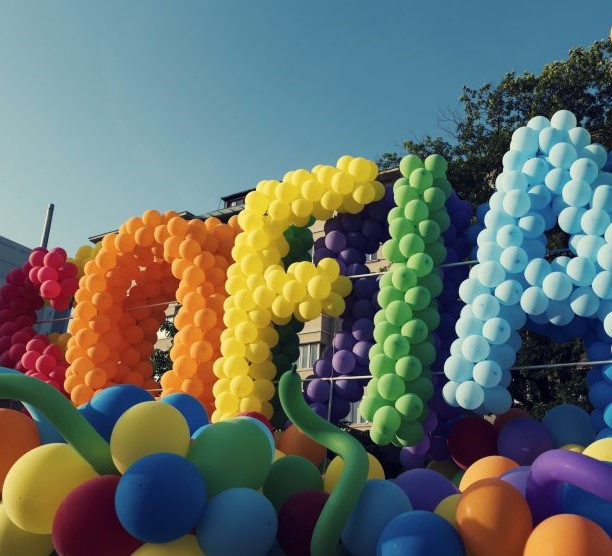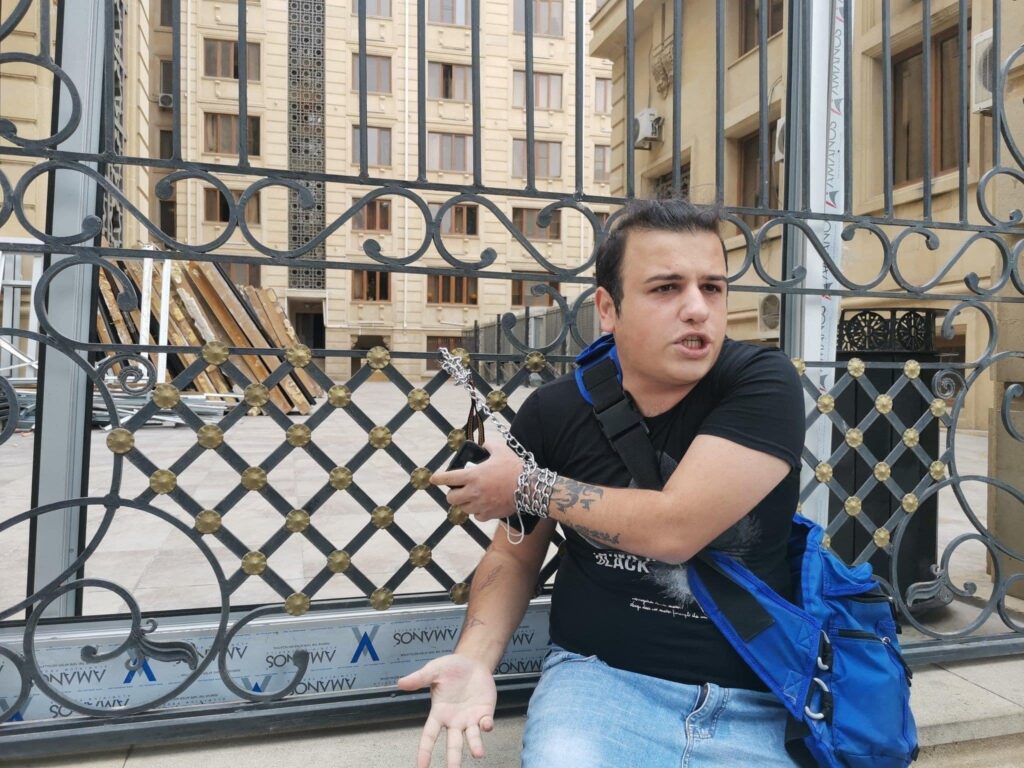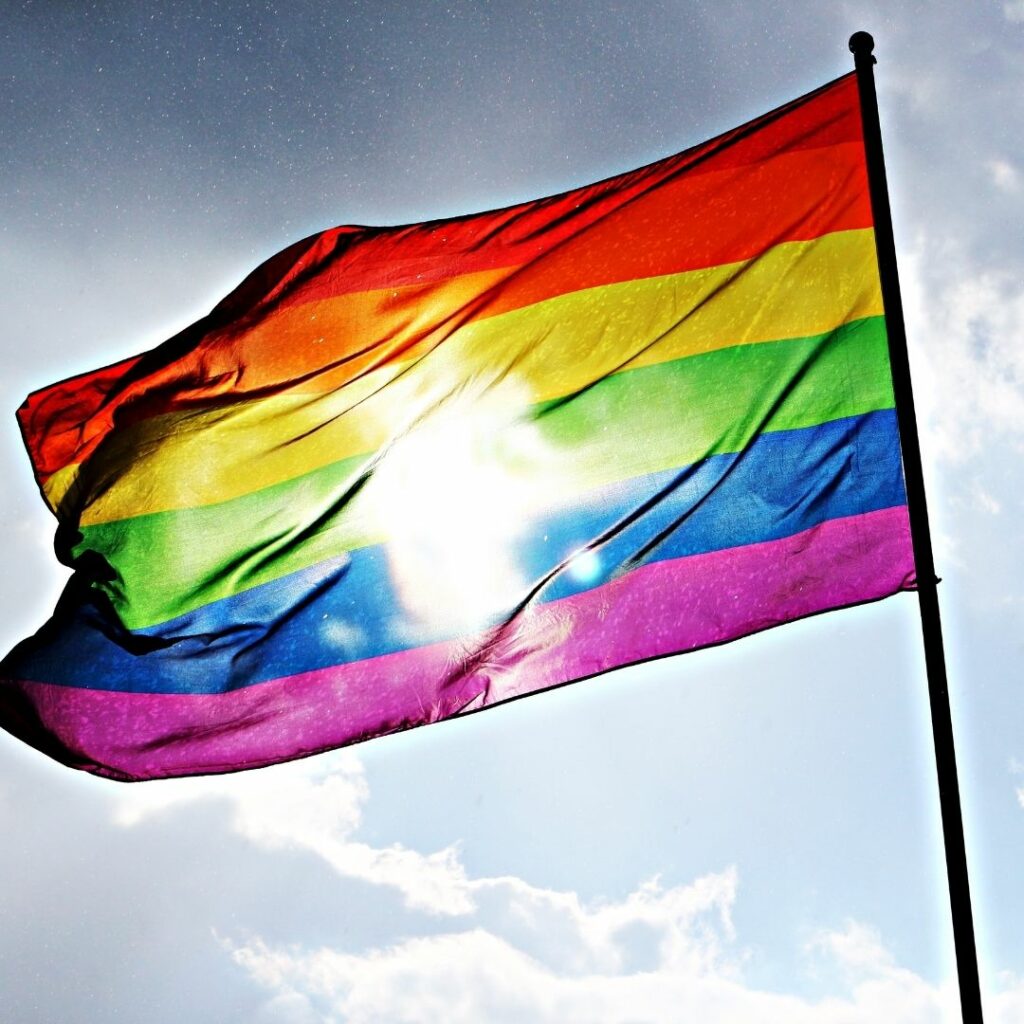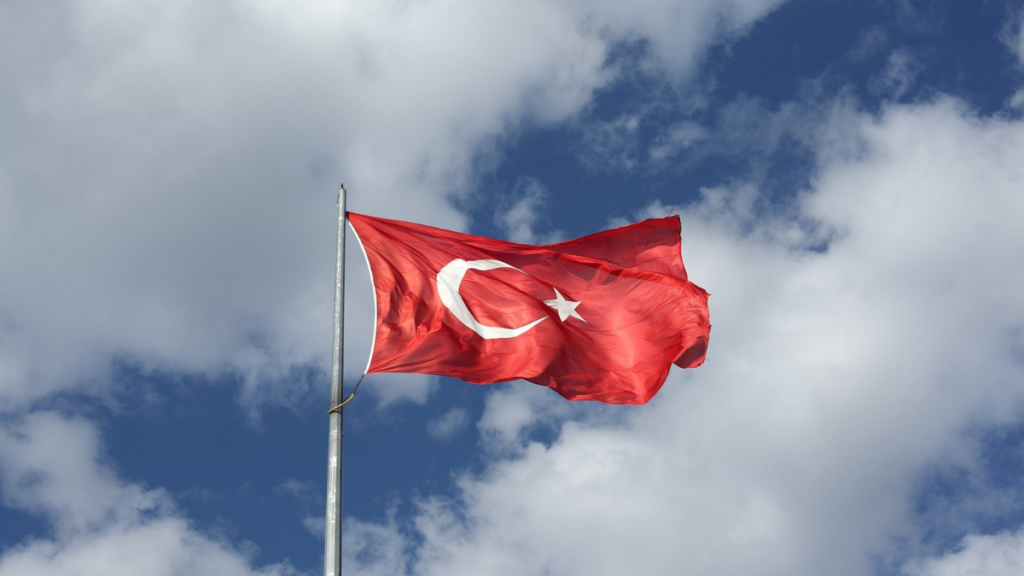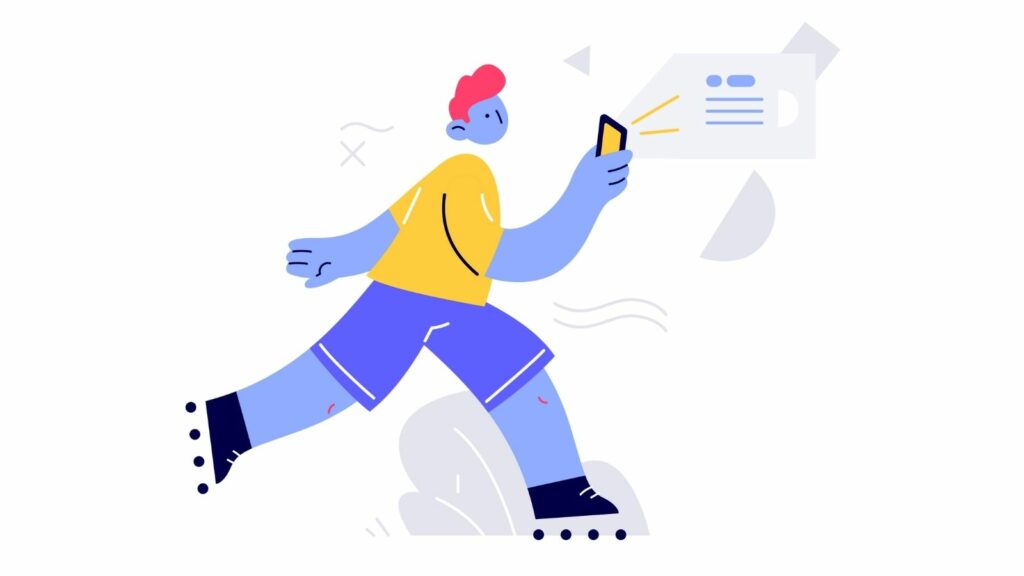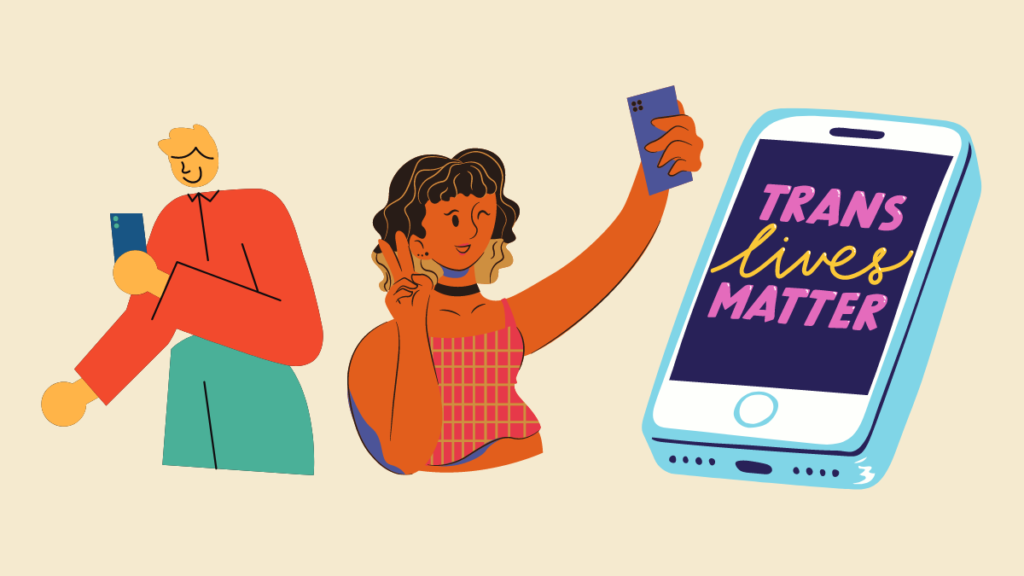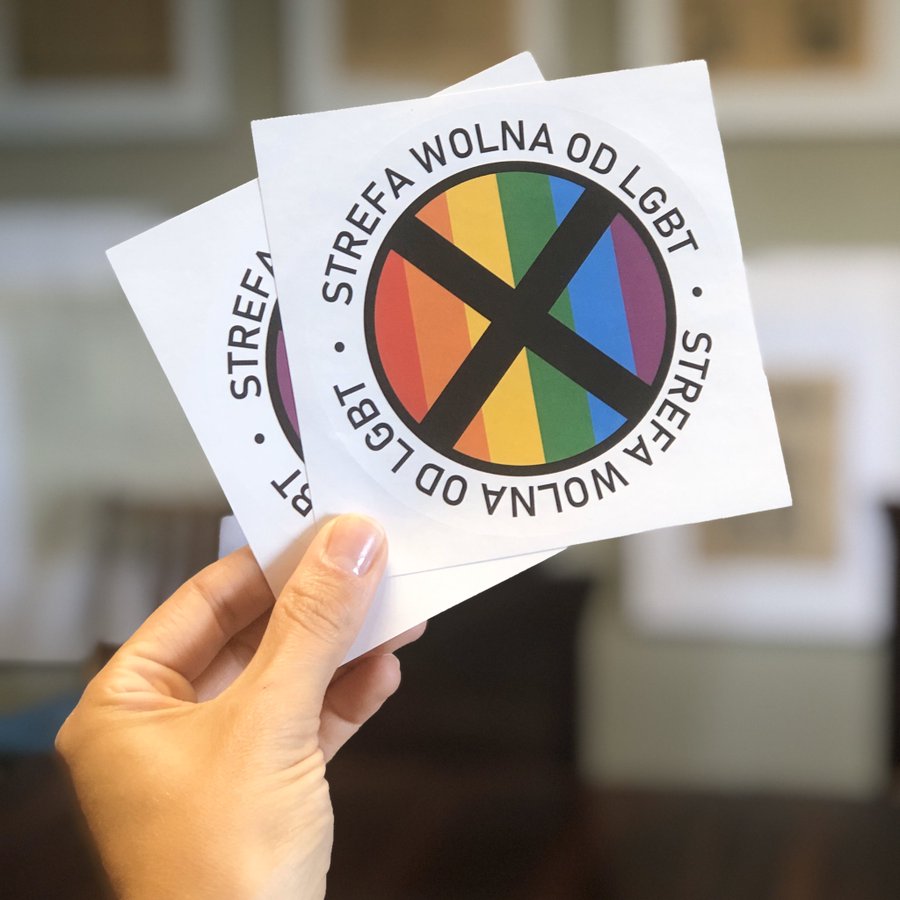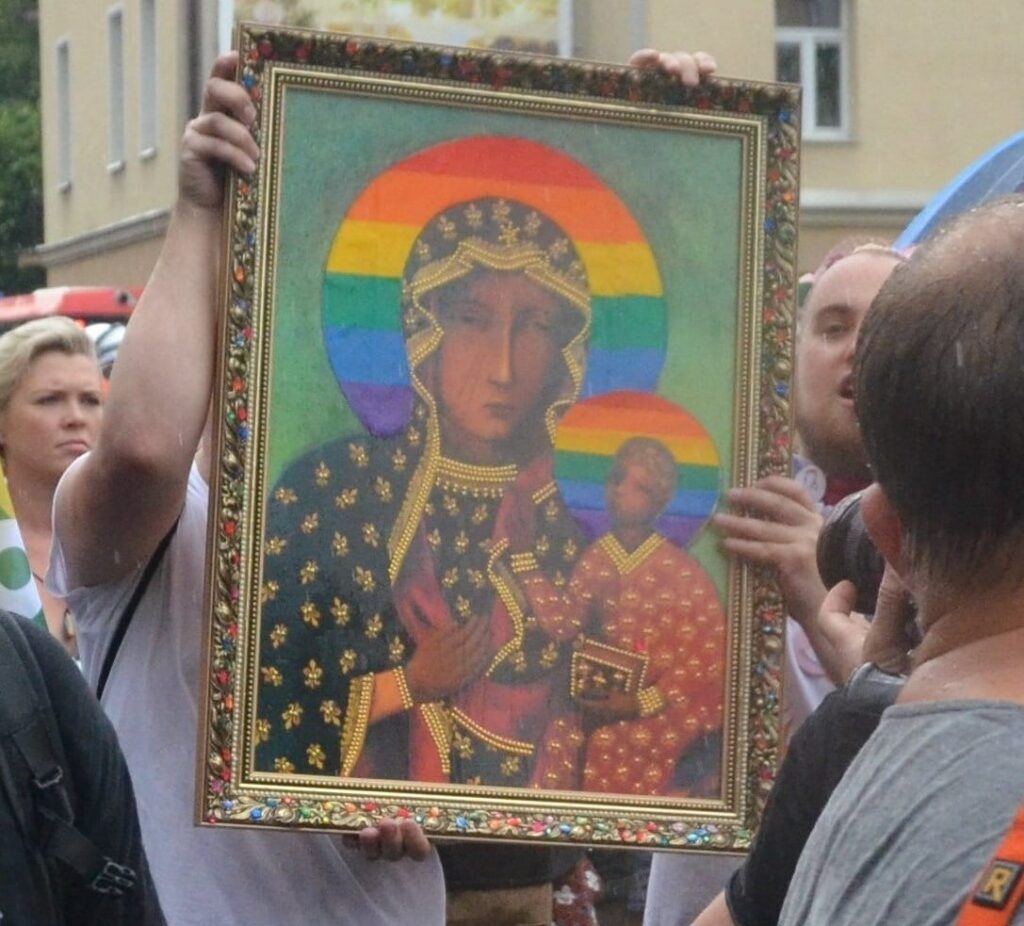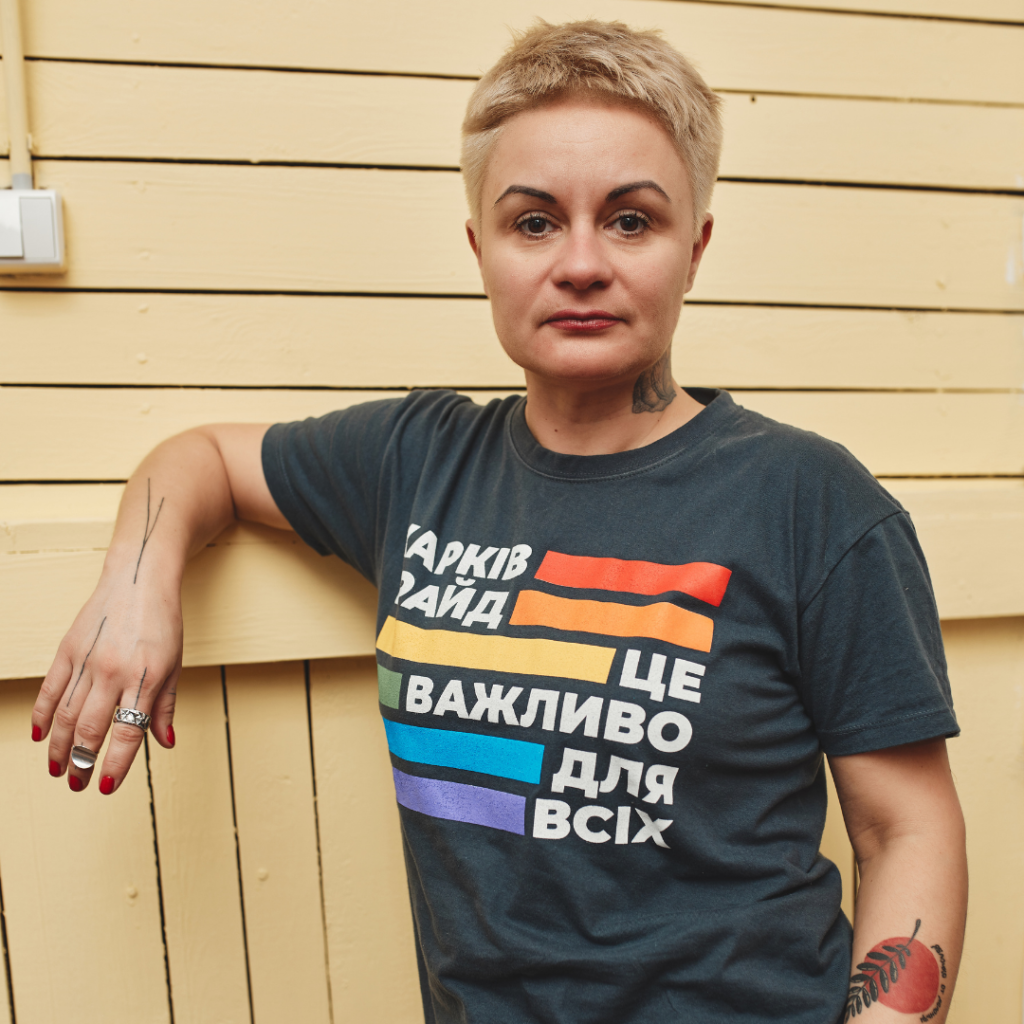Stronger together as LGBTI activists: What I learned from the ILGA-Europe Conference, Prague 2019
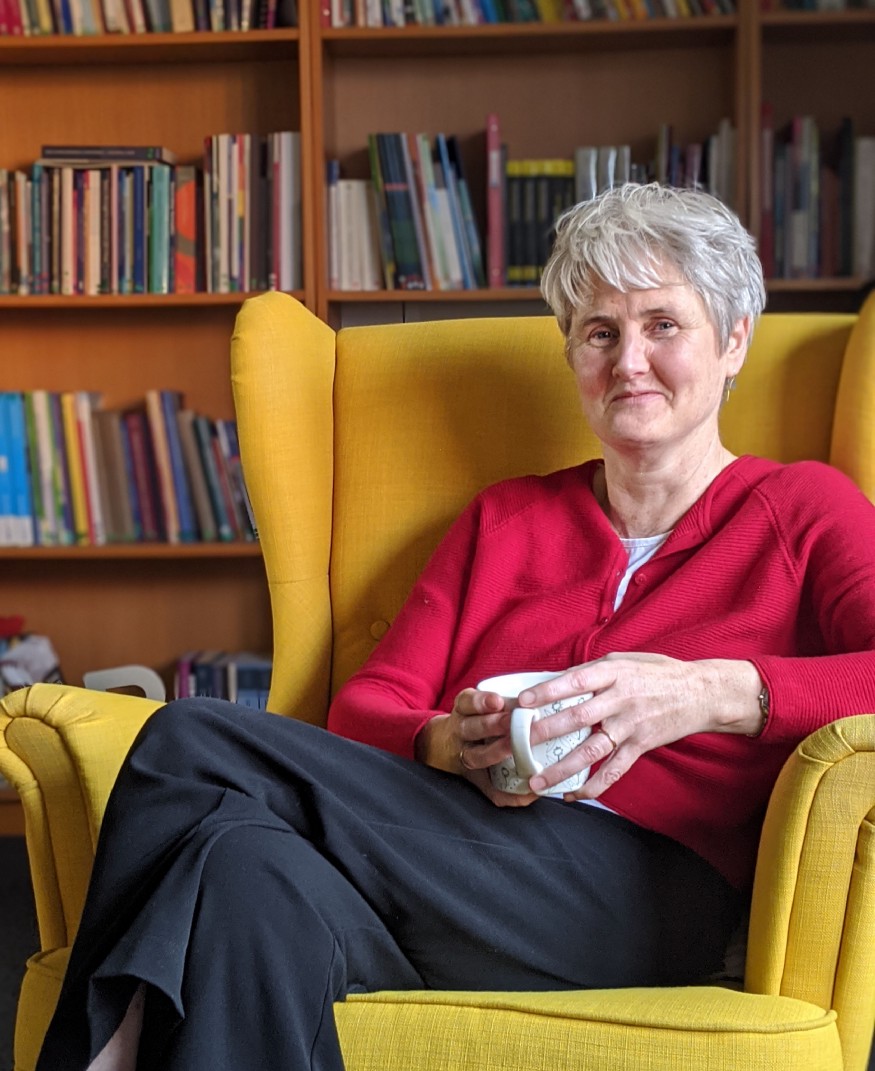
Stronger Together… what did this year’s ILGA-Europe conference theme mean to the 600 LGBTI activist participants who came to Prague in October? And if it is true that we are stronger together, how can we make it happen even more? Our conference reporter and former Executive Director of ILGA-Europe, Patricia Prendiville shares her thoughts, while alongside we share some of the wonderful images documenting this year’s gathering.
Observing, jotting down notes, hearing conversations, participating in workshops, self-organised spaces, listening to plenaries, asking questions, responding to comments and suggestions — as this year’s conference reporter my days were full of a huge complex of thinking, feeling, strategising, planning and learning.
Looking back through my notes I see a number of threads that interweave… like plaits of a rope, making it stronger!
Openings and continuing

My initial thoughts and feelings on experiencing the beginnings of the gathering of the conference were that this was a place of warmest greetings, with people delighted to see each other. I was welcomed, hugged, greeted with energy, care and thoughtfulness. At the same time, I wondered what it was like for people who were here for the first time. I noticed people on their own, watching for openings to connect, responding to opportunities and being okay with themselves. And this was happening all around the venue, with so many different languages, so many new faces and such energy and buzz.
At first it seemed that everyone was young — but on closer observation over the days, I saw many of us ‘older ones’ too. All of us connecting, re-connecting and finding the people we needed to be talking with, engaging in the conversations that would help us move forward. It was the energy that gave the sense of young-ness/youth — the sense that it is possible; it is ahead of us; it is doable.
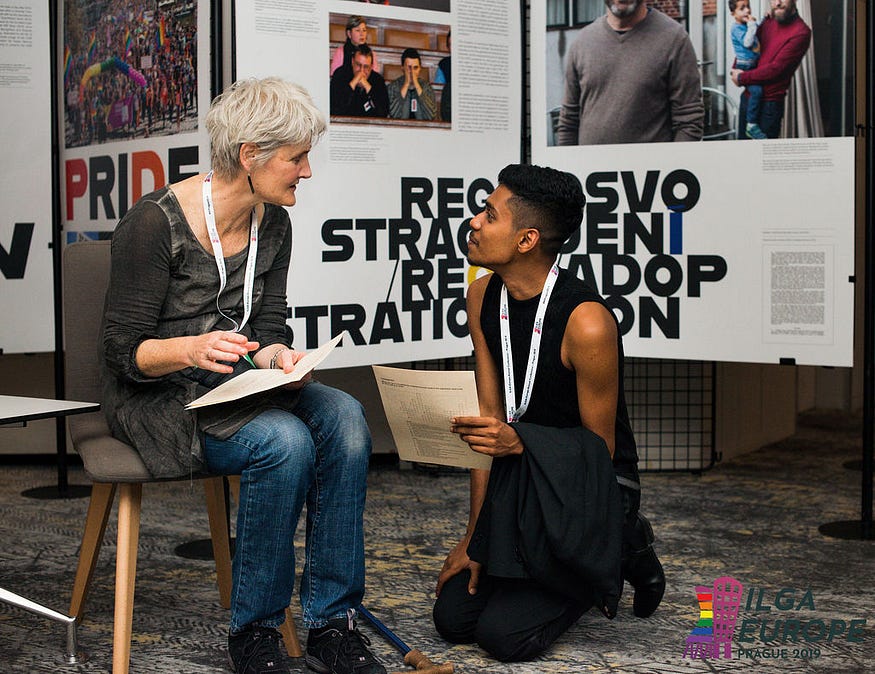
The inter-generational links seemed to emerge through conversations — people talking about what had been developed because some previous work had been accomplished, people sharing what had worked in their context as a possibility for a newer organisation. So the generational learning included individuals and organisations… people passing on, people keen to build on earlier work. There was both a sense of appreciation of what had been done and of letting new ideas/techniques/approaches be ‘what works’. This seemed very apt to the theme of learning how to be stronger together.
Space for developing

As the days went on, the sense of work being done through the connections was clear — sharing learning, being stimulated, building on the thoughts and ideas from elsewhere. It’s a busy time of work. Throughout the days the conference gave space for people to use different opportunities for development — at the personal, organisational, community and movement levels. There were so many options for people to choose from in terms of organised or self-organised spaces — but in all of them there was a thread of people finding the nugget of insight that made sense.
Challenges for us as change makers, and in the movement
There were many challenges throughout the conference — to us as workers, activists, colleagues and change makers. Challenges to us personally, to how we react, how we respond, how we include, strategise, think and especially how we are when we are challenged. And while it wasn’t always plain sailing being challenged — this gives us the chance and the room to develop.


One of the key challenges seemed to be how to sit with discomfort — our own discomfort of being ‘wrong’, being ‘called out’, being ‘unaware’ or ‘insensitive’ to another’s experience and reality. This along with the feelings of shame, guilt and anxiety that can quickly turn to frustration, anger and then lead us to behaviours that can be dismissive, excluding of others, leading to divisions and polarisation. I saw people struggling with this dynamic a number of times — trying not to follow the usual pattern, trying to listen, to learn, to acknowledge, to remain open so as to move ahead together. I saw people succeeding and people being not as skillful as they wanted to be. And I also saw people re-engaging, trying again — re-committing to inclusion and understanding, and creating a different perspective again. Expanding the definition of us.


The second key challenge people worked with during the conference was exploring how to address the external backlash and push back against the advances made to date. We heard how important it is to ‘carry on’ — to nurture resilience in us as individuals and especially to nurture the resilience of groups and organisations; to support a focus on sustainability and safety and to continue to learn for the different contexts. We need a myriad of strategies because each group/organisation is operating within its particular context and needs to have the resources to work appropriately. It’s important that individuals, groups and organisations have the time to reflect, learn, re-focus and then move forward.
Differences and commonalities

There was much discussion about the numerous groups within the LGBTI movement that have emerged to provide specific spaces to allow us all to safely connect with ‘people like us’, to develop our advocacy and communication and to find our strengths as we organise together. The very real challenge of facilitating these specificities, naming the differences while building a common purpose was expressed on numerous occasions. Internally to the movement, we have to guard against replicating the inequalities in society… the equalities of sexual orientation, gender identify and gender expression and also of the other systemic divisions of society such as race/ethnic origin, class, socio-economic position, disability, religion/belief. Listening to conference participants, it seems this means creating openness in ourselves to other views, other experiences, letting go that my experience is ‘right’ and creating new ‘knowing’ together.
Addressing the challenges

A key guide to advancing this work includes naming without shaming; learning about others’ experience; not expecting others to teach us, each of us taking responsibility for creating the solution together and then moving to together creating a focus on what is our common purpose. Building bridges from our experiences to others’ experience, taking time to learn and then seeking a step forward we all want once we have identified the common ground.

Addressing the challenges externally also means we need to continue using the systems of advocacy, continue making connections with other movements for social change; continue to support the development of the next wave of the movement. While it is important to engage with the agendas of governments, international bodies and other NGO’s, defining our own values, working for our communities, defining our agendas for change is a necessary strand in the rope of us working together to achieve the social change we want.
Having allies from other social change movements, from national and international institutions also helps in continuing to address the challenges. Being reminded that international bodies support the aims of the movement, that we have allies and are allies in other movements contributes to the sense of a bigger ‘us’, and that the challenges are being addressed at the various levels needed for societal change. While we are all gathered together as community organisers/advocates and change activists, we are also part of a bigger progressive arc of people working to make human rights a lived reality.
Values of the movement
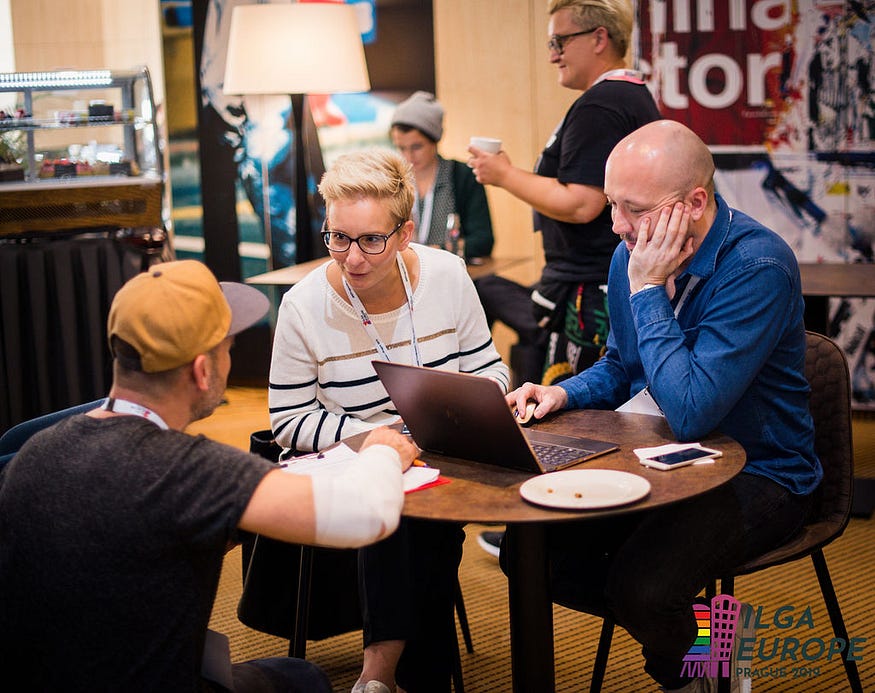
Time and again I heard conversations that were grounded in working from beliefs, values and the commitment to working to remain true to these. People acknowledged the challenges to this, in particular when faced with people who do not respect the changes movements are working towards. It is hard to remain clam, to continue to speak from a place of inclusion when someone is saying we are wrong/evil/a scourge/have no right to be in the country… all things said to us in the movement.
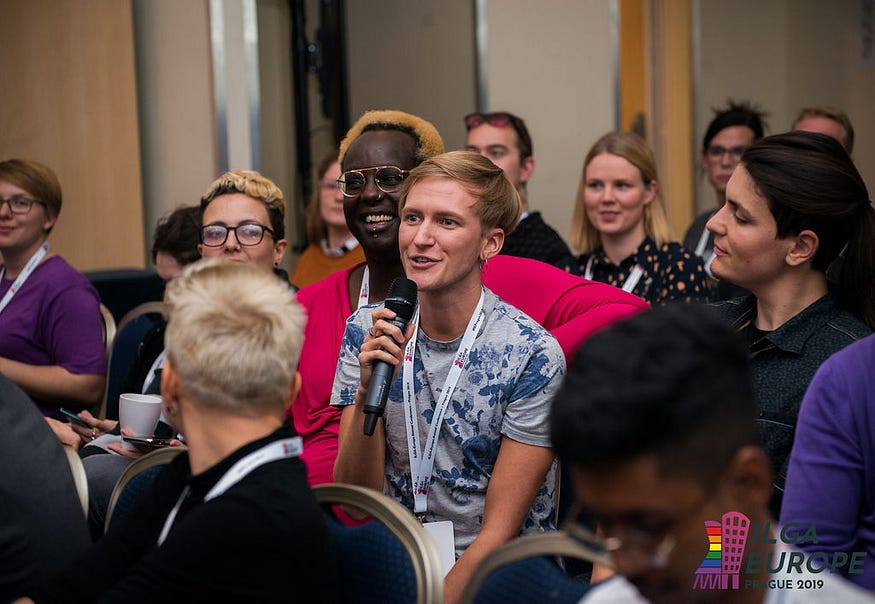
And yet the conference gives us an opportunity to re-charge the batteries, to re-gain our focus and to be reminded that our values and beliefs can succeed. The opportunity to gather together provides such a welcome boost to the motivation and determination — this is a hidden benefit of the conference, in addition to the ideas, connections and planning.
Complexity of issues… complex problems, complex solutions
Throughout the conference the realisation that we are working with complexity of issues, problems and the need for a range of solutions was a key factor in people hearing each other as we tried to move forward. Recognising that wanting to be included requires us to be inclusive, so that we can then provide possible solutions from our own lived experience and lived expertise.
The conference was an opportunity to look again at how we can become stronger together within the LGBTI movement, and how we can reach out and work with other human rights based movements so that we grow stronger together, together!
